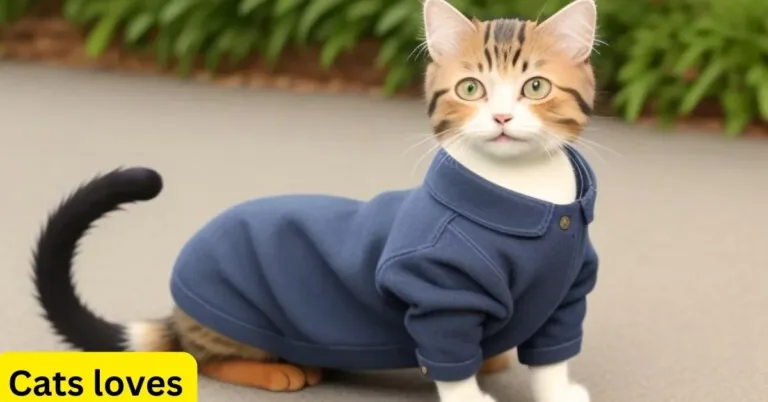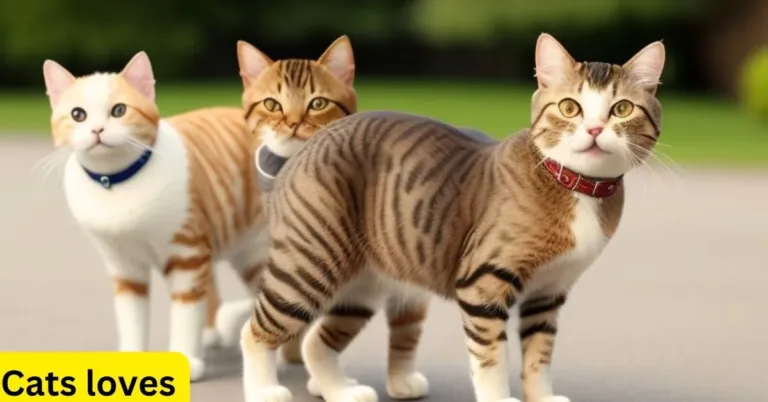Cat Blood Types: The important of Feline Blood Groups
When it comes to the health and welfare of our feline friends, comprehension their cat blood types is crucial. Just like humans, cats have disparate Blood Groups, each with its own meaning for breeding, medical treatment, and transfer. In this article, we delve into the engaging world of Feline Blood types, feeling their bioscience, genetics, import, and pragmatic significance for Blood types owners and doctors alike.
Cat Blood Types:
Cat blood refer to the dissimilar arrangements of blood groups found in cats, primarily classified as A, B, and AB. Comprehension these blood types is critical for various reasons, including breeding thoughts and medical care like blood transfer.
How Does a Get Their Cat Blood Type?
Much like in humans, a cat’s blood is inherited genetically from their parents. It is intent on by specific antigens existent on the surface of red blood cells. These antigens interact with immunity, which can lead to adverse results if conflicting blood types are mixed.
Blood Groups In Cats:
In felines, there are three main Blood Groups A, B, and AB. The majority of domestic cats have type A blood, while type B is less common. Type AB, which occurs when a Cat Blood Group inherits both A and B antigens, is the rarest.
Biology of Blood Groups in Cats:
The biology of blood groups in cats revolves around the presence or absence of specific antigens. Type A cats have type A serums, type B cats have class B serums, and class AB cats have both A and B serums. These antigens dictate conformity for blood transfer and affect breeding results.

Genetics of Blood Groups in Cats:
The genetics of Blood Groups are determined by multiple alleles at a single gene locus. Cats with the AA genotype have type A blood, while those with the BB genotype have type B blood. Cats with the AB genotype inherit both A and B antigens, resulting in type AB blood. Understanding the inborn basis of blood types is important for picky breeding and stopping compatibility matters.
Feline Blood:
Feline blood refers to the circulating fluid in cats that carries oxygen and nutrients throughout their bodies. Comprehension feline blood, containing its types and workings, is essential for vet care, transfer, and breeding purposes.
How Can I discover Out My Cat’s lifeblood Type?
Determining your cat’s blood type typically requires a visit to the veterinarian for a blood typing test. This test shows us the attendance of A and B antigens on red blood cells and confirms the cat’s blood group.
Why Do I Need to Know My Cat’s Blood Group?
Breeding Purposes:
If you plan to breed your cat, understanding their cat blood types group is crucial to prevent potential issues like neonatal in kittens, which can occur if the mother cat’s antibodies attack the kitten’s blood cells due to incompatible blood types.
Medical Treatments:
In cases where your Blood types in Cats may require a blood transfusion due to illness or injury, knowing their blood group is vital to ensure compatibility with the donor’s blood. Different blood types can lead to severe reactions, containing hemolytic transfusion results, which can be life-fearsome.

Blood Group Clashes in Breeding:
Knowing your cat’s blood type is crucial for breeding purposes, especially if you plan to breed cats with different blood groups. Breeding cats with incompatible blood types can result in neonatal, a potentially fatal condition in kittens where maternal antibodies attack the kitten’s blood cells.
Blood Group Clashes in Transfusion Therapies:
In emergency situations or medical treatments requiring blood transfusions, matching the donor and recipient blood types is essential to prevent adverse reactions. Cats can experience severe reactions, including hemolytic transfusion reactions, if incompatible blood types are transfused.
How Many Blood Transfusions Can a Cat Have?
While cat blood types can undergo many blood transfer, each transfusion carries risks, containing immune reactions and transfer of infectious disorders. Veterinarians carefully assess the need for transfusions and monitor cats closely during and after the procedure to minimize complications.
What Are Cat lifeblood Types?
Cat blood types refer to the presence or absence of specific antigens on red blood cells. These antigens dictate blood conformity for transfer and breeding purposes.

People Also Ask:
Can Cats Receive Human Blood?
No, cats cannot receive human blood transfusions due to incompatibility between feline and human blood. Transfusing human blood into a cat blood types can result in severe immune reactions and potentially fatal complications.
What Is the Rarest Cat Blood Type?
Type AB is the rarest cat blood types, occurring when a cat inherits both A and B antigens. Type AB cats are relatively uncommon compared to type A and type B cats.
Do Cats Have ABO Blood?
While humans have ABO blood groups, cat blood types have a different blood typing system based on the presence or absence of A and B antigens. The ABO system does not apply to cats.
How Do I Find Out My Cat’s Blood Type?
Your veterinarian can perform a blood typing test to determine your cat blood types. This test is important for comprehension your cat’s genetic susceptibility and confirming their health and welfare.

Conclusion:
Comprehension cat blood types is important for blood typing owners and doctors alike. From breeding things to medical care requiring transfer, knowledge of blood groups plays a crucial role in confirming the health and safety of our feline friends. By study into the bioscience, genetics, and practical significance of cat blood , we can superior care for our loved cats and make knowledgeable decisions about their welfare.







